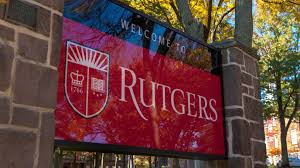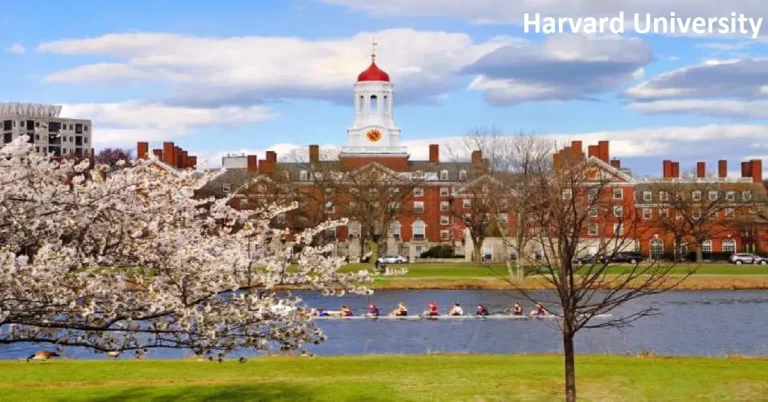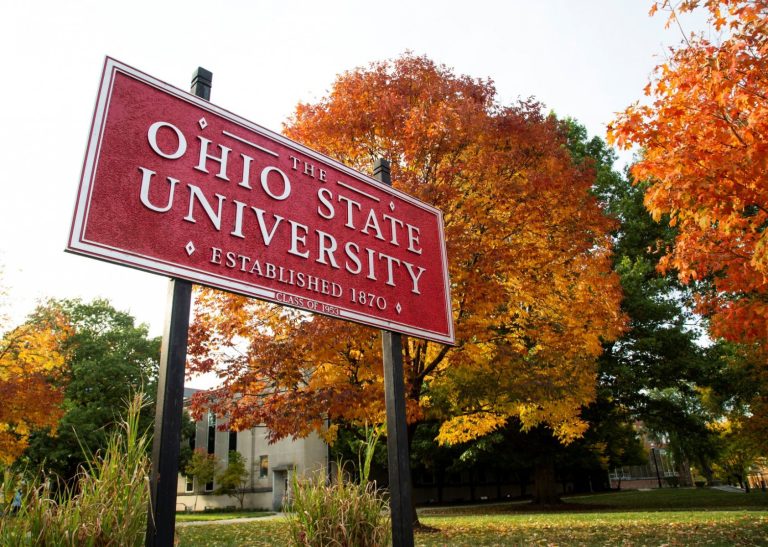Area
Computer Science
Location
UK Other
Closing Date
Wednesday 20 November 2024
Reference
SCI287
PhD Studentship: Using self-supervised machine learning to better understand the role of garden plants in tackling environmental challenges
Area
Computer Science
Location
UK
Closing Date
Wednesday 20th November 2024
Reference
Supervisor: Michael Pound
Secondary Supervisors: Andrew French, Alistair Griffiths, Jordan Bilsborrow, Carol Barrie
Subject Area:
Computer Science
Research Title:
Using self-supervised machine learning to better understand the role of garden plants in tackling environmental challenges
Research Description:
Modern AI approaches often require a lot of labelled data to train. Self-supervised techniques are growing in popularity as a way to train when we have lots of data where we are missing key labels about what is in each image. This technology is already commonplace in, for example, facial recognition, but it offers huge potential in scientific fields as a way to quickly analyse huge datasets.
Horticulture plays a huge role in the UK economy, estimated to be worth £28.8 billion, and has a substantial impact on our environment and wellbeing. In the UK, approximately 30% of urban areas are residential gardens and are therefore a sizeable resource to alleviate some of the pressures caused by a changing climate and urbanisation. For example, gardens and other urban planting can help to lower surface temperatures, capture and reduce rainfall runoff, provide barriers to sound and pollution, and provide food and habitat for wildlife. The Royal Horticultural Society, the UKs largest garden charity, is working to better understand how the right combination of plants can transform our environment and improve our wellbeing and health. To do this, we must analyse vast amounts of historical image data from the RHS herbarium, to find the most important and useful plant specimens to study further.
This project will explore the use of modern deep learning approaches to train models that distinguish important plant traits, aiding researchers exploring the large RHS image datasets. A particular challenge of this project is that many of the images are the images are only partially labelled, perhaps with only the broad species known but no other information. During the PhD you will develop new self-supervised learning techniques that require no expert labelling, training models to recognise what is different and similar about plants in general. These models can be built into tools that can search large datasets for new candidate species or traits based on features of interest. These approaches will be developed in collaboration with scientists at the Royal Horticultural Society.
The completion of this PhD will prepare you for roles in both academia and industry as a leading expert in modern AI techniques. You will gain expert knowledge in machine learning, including recent approaches such as Vision Transformers and contrastive learning techniques. You will also gain experience in writing and publishing your results in high-profile computer science and biological venues. During your PhD you will be a member of the Computer Vision Laboratory, with access to a large GPU-equipped research cluster, providing hardware on which you can train the latest high-performance models. The group meets regularly for social events, or to discuss the latest papers and techniques. You will also work alongside scientists at the Royal Horticultural Society to develop approaches that can drive forward plant selection practices and help to inform future research.
Award Start Date: 01/12/2024
Duration of Award: 42 months
Terms and Conditions:
This research studentship is only available to UK citizens and includes payment of tuition fees and a tax-free stipend based on EPSRC rates
Applicant Qualification Requirements:
The funding for this PhD is available only for UK candidates
Candidates are expected to have a 2:1 or first-class degree in Computer Science or a related discipline. Interest in natural history collections would be advantageous.
How to Apply:
email to michael.pound@nottingham.ac.uk
Closing Date: Wednesday 20th November 2024



